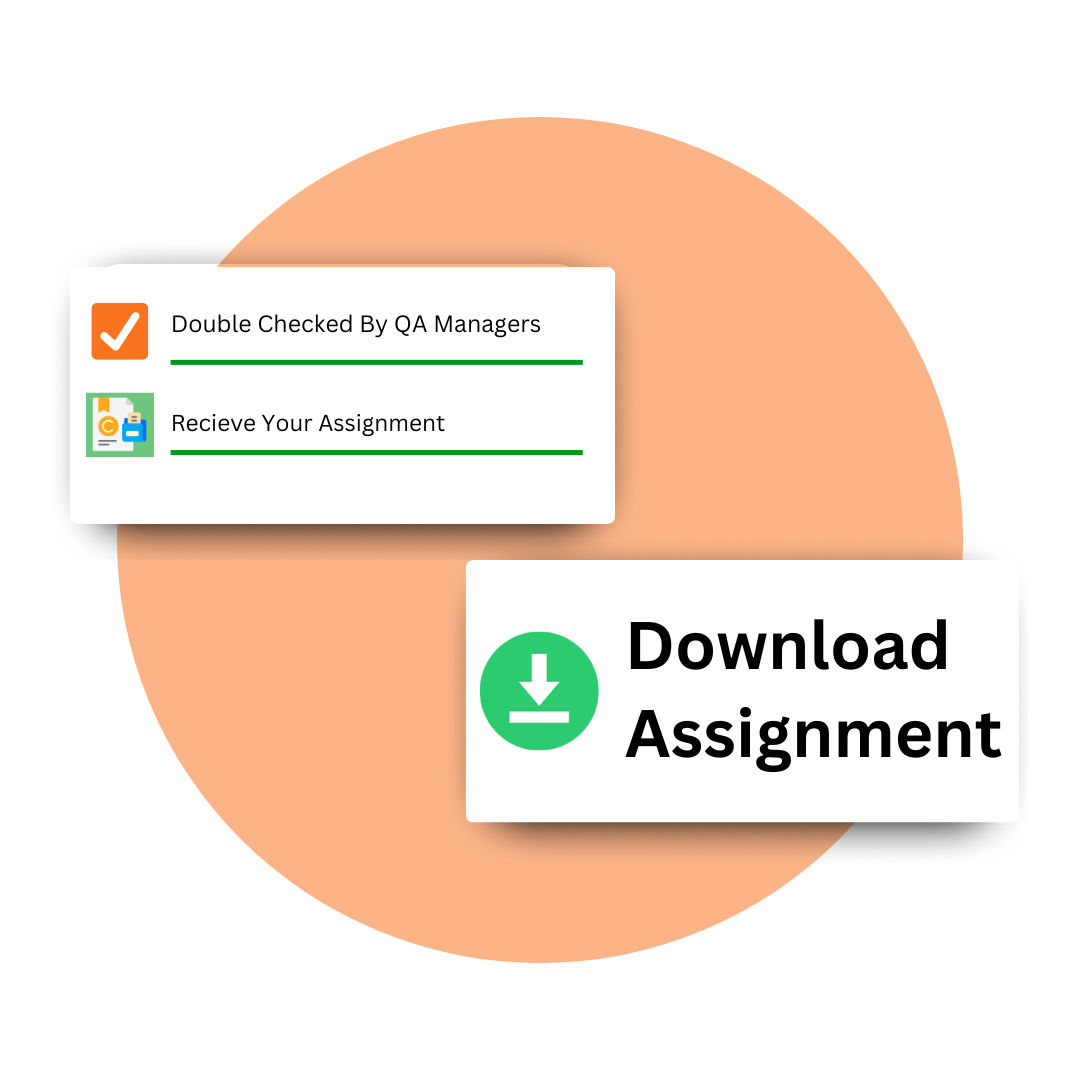Achieve ILM Level 5 Understanding Governance of Organisations assignment success in just 3 smooth steps—place your order, collaborate with experts, and receive your top-quality solution on time!

Submit the order form to hire our ILM Level 5 8607-528 Understanding Governance of Organisations assignment writers.

Make a payment using PayPal, credit/debit cards, or online banking services after our team has sent you your quote.

Download the completed ILM Level 5 8607-528 Understanding Governance of Organisations assignment from the inbox.
Our team consists of skilled native authors who are well-versed in ILM Level 5 specifications and organisational governance. All assignments prepared by them are done with academic excellence and a precise following of all guidelines.
We ensure that all the content provided is 100% original. Advanced plagiarism tools are used to check each assignment for plagiarism, thus guaranteeing exceptional quality in terms of integrity in academic writing.
We know that timing is everything. We deliver ILM Level 5 assignments within the given time frame, so you will be able to submit your work without any penalty for late submission.
Our writers will craft assignments based on manual writing without using AI content and, therefore, bring authentic, quality work that is subjected to high academic standards and guidelines.
Do you face problems with your ILM Level 5 8607-528 Understanding Governance of Organisations assignment and require urgent help from experts? We have native UK writers who can assure you that your assignment will be completed with precision and academic excellence. Our team consists of experts who have substantial experience in management, governance, and organisational theory to have a clear notion of the intricacies involved with ILM Level 5 assignments.
Besides writing, our services include detailed editing and proofreading to eliminate any errors in spelling, grammar, and structure. This ensures that your assignment is polished and ready for submission. We also keep an eye on formatting styles by following specific guidelines provided by courses to ensure that the final document adheres to the required citation and formatting style, whether it’s Harvard, APA, MLA, or any other recognised academic style.
Governance refers to the set of rules and practices under which an organisation is guided and controlled. It clarifies the structures and relationships between stakeholders in order to ensure accountability, transparency, and organisational activities that are aligned with objectives. In an organisation I am familiar with, governance encompasses:
In other words, the governing body emphasises high-level strategy, governance, and oversight, and the management team will handle day-to-day operations, as well as implementation.
Explore our clients' success stories and see how our expert assignment solutions deliver real results and academic excellence.
A
Alex Turner

ILM Assignment Helper played a key role in my success with ILM Level 3 assignments. Their team offered exceptional insights, guidance, and support. They ensured I understood the core concepts and applied them in my coursework, resulting in fantastic grades and a more solid grasp of leadership principles.
M
Michael Thompson

ILM Assignment Helper delivered high-quality work for my ILM Level 7 assignments. Their expert writers incorporated advanced research and real-world examples that directly aligned with my academic needs. With their support, I achieved excellent grades and was able to apply the knowledge practically in my career.
E
Emma Green

I couldn’t have asked for better help with my ILM Level 3 assignments. ILM Assignment Helper’s team provided clear, concise, and well-researched content that directly addressed the challenges in my coursework. With their help, I improved my grades significantly and gained a clearer understanding of leadership principles.
D
Daniel Hughes

I was having difficulty understanding some of the more complex management theories in my ILM Level 5 course. The team at ILM Assignment Helper provided tailored support that helped me break down these concepts into easily digestible pieces. Their research and writing assistance improved my work quality and led to top grades in my assignments.
C
Charlotte Roberts

ILM Assignment Helper was a lifesaver during my ILM Level 7 course. Their expert writers not only provided high-quality, well-researched content but also made sure the assignments aligned perfectly with the requirements of my curriculum. Thanks to their assistance, I passed with distinction and gained insights that will benefit me in my career.
J
James Carter

I was struggling to understand the practical application of leadership theories in my ILM Level 3 assignments, but ILM Assignment Helper made everything clear. The team’s input was invaluable, helping me complete my work with a deep understanding of how these theories apply to real-life situations. I received excellent grades thanks to their support.
Our experts are here to make it easier. Get in touch today!
